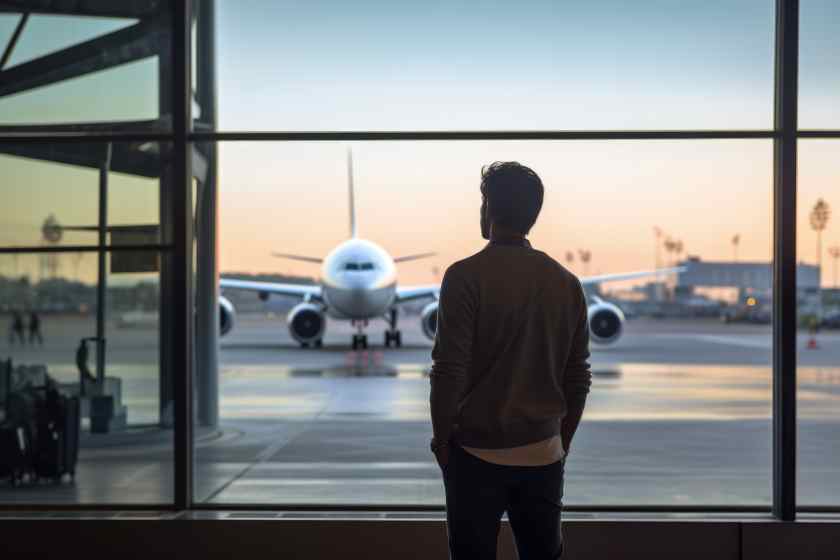American Airlines Under Fire For Mishandling New 1.7 Million Bags, Is Yours Next? - Travel And Tour World
Sunday, July 6, 2025

American Airlines has mishandled an alarming 1.7 million bags between 2021 and 2024, marking the highest rate of lost, delayed, or damaged luggage among U.S. carriers. This surge is largely driven by staffing shortages, increased travel demand post-pandemic, and aging baggage-handling infrastructure. For passengers flying American, the risk of their luggage being delayed or lost is notably higher, making it crucial to take extra precautions when traveling with this airline.
During the three-year period studied, airlines operating domestically were responsible for mishandling over . This figure includes checked suitcases, personal items, and mobility aids such as wheelchairs and scooters that were either lost, delayed, damaged, or stolen during transit.
Performance varied widely among carriers. The airline with the highest rate of mishandled baggage was reported to have misplaced approximately . That equates to more than from around 200 million bags processed.
Regional airlines affiliated with major carriers also performed poorly. The second and third highest mishandling rates belonged to two such regional operators, both averaging over . These carriers often serve smaller airports and short-haul routes but still handle substantial volumes of passenger luggage.
Several nationally recognized airlines also posted notable mishandling figures. These included:
While their rates are lower than the worst-performing carriers, they still represent thousands of mishandled bags annually.
Budget airlines were not exempt either. Discount carriers such as and Frontier Airlines ranked within the top 15 for total baggage mishandling incidents. Combined, they were responsible for hundreds of thousands of luggage problems during the period analyzed.
Under current federal definitions, “mishandled” luggage refers to any checked item that is not delivered to the intended passenger on time and in acceptable condition. This includes items that are misrouted, damaged during handling, stolen, or permanently lost. Delayed delivery, even by several hours, also falls under this category.
This classification also encompasses mobility equipment, which is crucial for passengers with disabilities. Incidents involving such items often result in not only inconvenience but also reduced mobility and independence for affected travelers.
Several underlying issues have contributed to the rise in baggage mishandling over the past few years. Staffing shortages across airport and airline ground operations, especially during the initial recovery from the pandemic, played a significant role. Many airlines struggled to rehire or retrain baggage handlers in time to meet the surging travel demand.
Operational complexity also increases the risk of mishandling, particularly during tight layovers, international transfers, and high-volume travel seasons. Larger airports and hub-and-spoke systems, while efficient for scheduling, can create multiple hand-off points where bags may be delayed or misplaced.
Technology has improved aspects of baggage tracking, but inconsistent implementation across airlines has limited its effectiveness. Some carriers offer real-time tracking tools for checked luggage, while others still rely heavily on manual sorting and tagging processes.
Although travelers cannot influence how airlines manage baggage behind the scenes, they can take proactive steps to reduce the chances of losing their belongings:
The issue of baggage mishandling continues to be a pain point for airlines and passengers alike. While not all instances result in permanent loss, the inconvenience caused by late or damaged luggage remains significant. Airlines are under increasing pressure to improve customer service standards, and baggage performance is emerging as a key metric in that evaluation.
With competition intensifying, especially as leisure and business travel rebound, effective baggage handling could become a major differentiator for carriers. Airlines that invest in automation, advanced tracking systems, and ground operations training may be better positioned to earn passenger trust and loyalty.
At the same time, passengers are encouraged to remain vigilant, plan accordingly, and make use of tools that improve baggage security. As the industry evolves, consistent attention to detail in luggage handling may help restore confidence in one of the most essential, yet often overlooked, parts of the travel experience.
«Enjoyed this post? Never miss out on future posts by following us»









